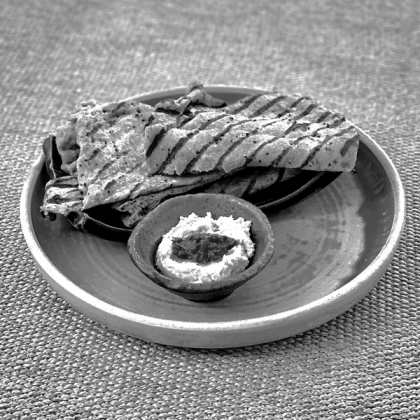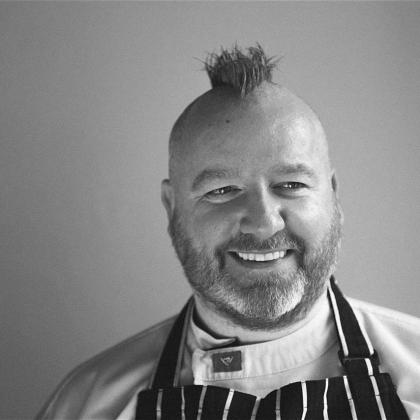The greatest uncontrolled experiment in human history, or, What we don’t talk about when we talk about food
Several years ago I was one of the panel at a Eurotoques food conference in Wicklow when one of the speakers, Dr Uwe Hild of the Irish Doctors Environmental Association, said something that has troubled me ever since.
“We are living through the greatest uncontrolled mass experiment in the history of mankind”, Dr Hild said, referring to the way in which the food we eat has become so drastically altered over the last number of decades . This has happened not just through the manipulations of food science, but also because of the industrialisation of our agriculture.
It was the kind of statement that deserved Monday’s front page, but food conferences tend not to get front page coverage. So Dr Hild’s remark didn’t get beyond the room, though I am sure everyone who heard it has not forgotten it.
But maybe times change, and maybe our concerns over food and health, food quality and food politics, have grown. A few weeks back, I managed to muddy the waters a little by saying that people who blithely buy imported foods in foreign-owned supermarkets are committing a “traitorous action”. It is, I admit, an inflammatory statement, but I didn’t expect to fan the flames quite as much as what transpired.
I don’t believe my remark got attention because it was inflammatory, however. Despite what many people believe, you can’t hype the media, and if some remark gets attention it is because it strikes a chord with contemporary thinking.
And that chord is, usually, one of unease. People are unhappy about the power and arrogance of multi-national supermarkets and the feudal ways in which they exercise that power. All I did was to amplify that concern.
So, whilst I am getting things off my chest, let me voice what is, to me, the biggest elephant in the room when it comes to food, health and politics.
Let’s say that we were today to institute a mass epidemiological study of Irish food and health, drawing together into a coherent whole the various groups already doing this manner of study.
And let’s imagine, then, that we could fast forward fifty years. What would we say, with the benefit of scientific observation and analysis and fifty years of hindsight, about what we eat today and, in particular, what we feed to our children?
Would we be horrified to find, for instance, that it was diet that meant that Irish women could not match the longevity enjoyed at present by Japanese women?
Would we, with hindsight, look back at a period when childhood obesity and the problems of ADD and ADHD grew, and find that we should have been examining how children were reacting to a diet of highly processed foods, and drinks that use high fructose corn syrup?
After all, every parent has seen their kid come back from the friend’s birthday party when the kids have been royally over-indulged, and had to suffer the blue smartie behaviour that followed.
Should we be taking serious, life-changing lessons from the Mediterranean diet, with its mix of fresh and raw foods, rather than the token use of olive oil which salves our consciences and persuades us that we are on the right road? Would such a course help us to fight the incidence of depression in our society?
In short, would we find that just as previous epidemiological studies identified cigarette smoking as the cause of heart disease and cancers and led to Government actions against it, that we should now be looking very closely at diets that are the products of industrialized farming, and industrialized food manufacturing?
Are we, at present, making ourselves very, very certain indeed that our food is making us fit and well, and not just fat and sick?
If there is, to quote Dr Hild, an “uncontrolled mass experiment”, then shouldn’t we be setting up the controls?
Of course, industrial food manufacturers insist that their products are safe, and are safely policed. And we live in a free-market world, where we make few moral judgements about how people spend their money.
But my concern, in particular with our children, is with the cocktail effect of having chemicals in each and every element of our diet, from the initial production on the farm right through to the ingredient that turns up on the dinner plate.
The epidemiologist Dr Jerry Morris, the first man to prove the link between exercise and heart attack rates, died last October, aged 99. In an interview given a month before his death, he said, “Just imagine what historians in the future are going to say about the way we’ve allowed this epidemic of childhood obesity. ‘Disgrace’ is a mild sort of word”.
The problem with food and health is that waiting for the judgement of history will condemn more people to a life lived under the shadow of the Western illnesses that are killing us. Let’s act now.
The Irish Times; Healthplus March 2010
Archive - all the best places to eat, shop and stay in Ireland. A local guide to local places.






